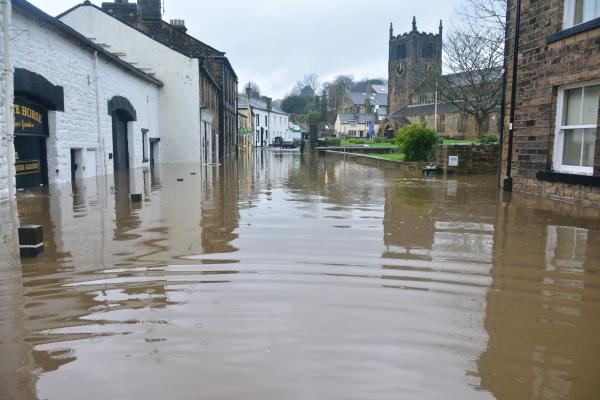Getting ready for Martyn’s Law
The Uncharted Territory of AI Risks
Breakfast briefing with Rt Hon Tobias Ellwood MP: Navigating our Uncertain World and Building Resilience
On 6 March 2024, Resilience First, in partnership with Control Risks, was pleased to convene a private roundtable discussion with the Rt Hon Tobias Ellwood MP on Navigating our Uncertain World and Building Resilience.
New Leadership Principles Set a Guiding Compass for Corporate Climate Resilience Pathways Initiative
Resilience First, Resilience Rising and C2ES Launch Groundbreaking Climate Leadership Report and Principles for Businesses
Developed with input from nearly 70 thought leaders, the new report and principles present a bold vision for a resilient economy and are a key milestone of the Corporate Climate Resilience Pathways Initiative.
Climate change poses an urgent threat. As the backbone of the global economy, businesses play a pivotal role in driving forward resilience and mitigating the dire impacts of climate change.
The State of the Nation: Reflections on the UK's resilience with Lord Toby Harris
On 22 February 2024, Resilience First held a 'Resilience State of our Nation' briefing, reception and private dinner with Lord Toby Harris, Chair of the National Preparedness Commission. The event was co-hosted by PA Consulting and Radisson Collection Hotel, The May Fair. These are our reflections from the evening.
Looking back
























